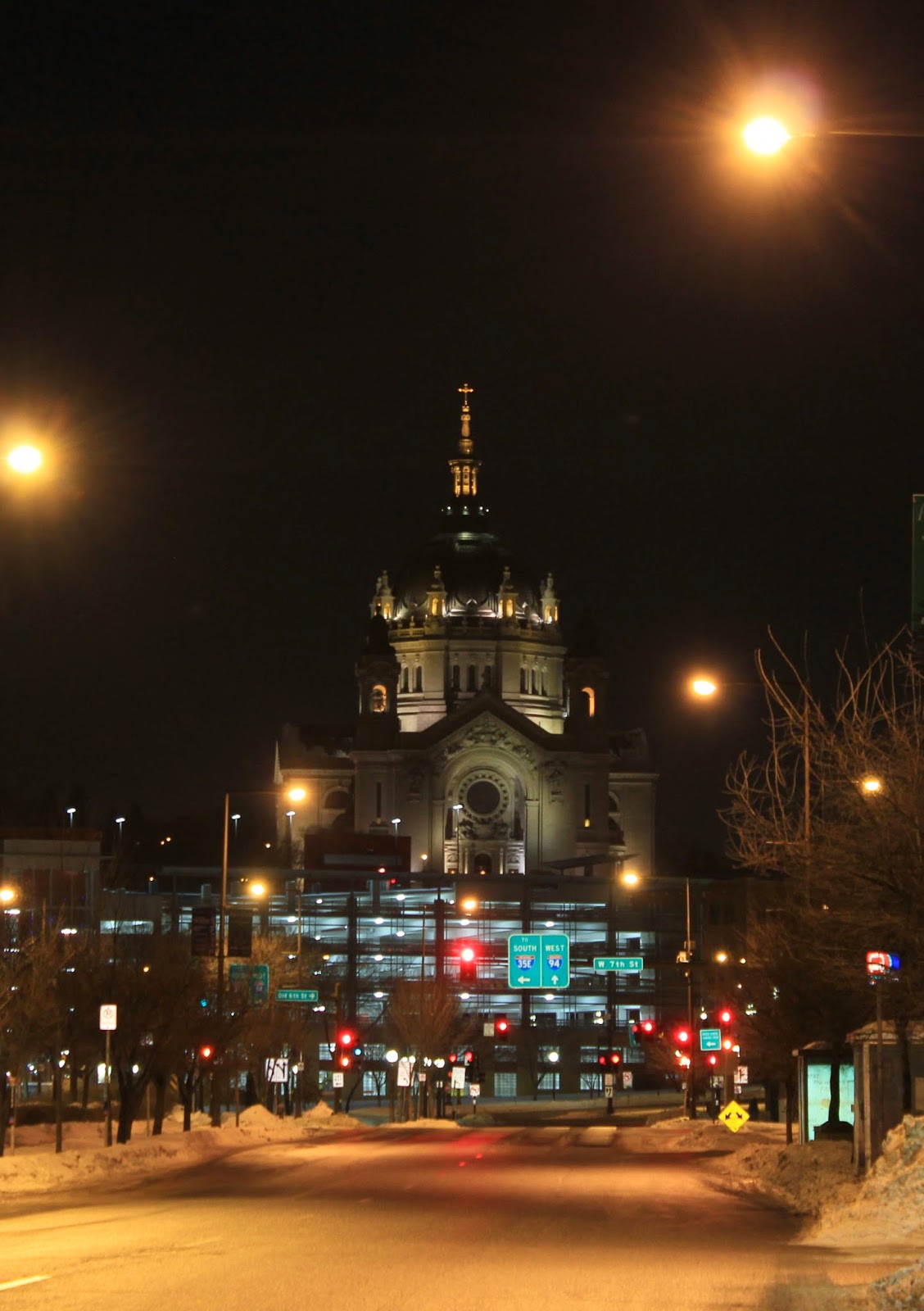“The heavens declare the glory of God; the skies proclaim the work of his hands”
Psalm 19:1
Peggy and I took a couple of days to enjoy the fall colors and to spend some quiet time alone in the north woods. I found myself getting lost in a book I was reading. The author made a statement that caught my attention, “as we all know, God never changes.” What struck me was how much I don’t believe it.
God never changes? If the psalmist is right, “the skies proclaim the work of his hands,” then creation tells a totally different story.
Outside our cabin leaves were changing color before our very eyes. I looked out over a lake and a landscape radically changed by glaciers. Beyond the veil of grey clouds hovering over us, a universe was spinning in a constant state of change. Forget the big picture stuff, all I had to do was look in the mirror. I am changing, getting older every day.
At St. Luke, Amanda and I have been teaching about the different ways God has pursued us. How God has spoken to us through prophets, priests and kings. Change was at the core of God coming to dwell among us. And, just when people were beginning to understand him, Jesus was gone, ascended into heaven.
Yes, God’s purpose does not change. Yes, God’s power and authority does not change. But saying God never changes feels more like our yearning to make God like us. We don’t want to change, so we don’t want God to change as well.
I was taught that history is doomed to repeat itself. When I was younger I thought this a profound and sad truth. In my older age, I’ve begun to realize it is no more profound than calling the sky blue. History repeats itself because we are unchanging.
Change is an unrelenting force that confronts us against our will. It stresses us out and leaves us fearing the unknown future that follows it. While I ache for all who struggle to cope with change, my heart is grounded in it. Our most profound encounters with God come when we invite God to change us.
I think change is the ultimate expression of God’s power. Our hope and salvation comes from God changing his mind on what we deserve. God invites us to be born again, to change our hearts, to allow God to create something new within us.
Isn’t it funny how we struggle to deal with personal change, yet discover a sense of awe in the changing color of leaves each fall. Heaven and earth declare the glory of God. The glory is found when the old us dies away and new life emerges. It is the change that produces hope. I hope and pray you can open your heart to change, to discover something new in Christ.


